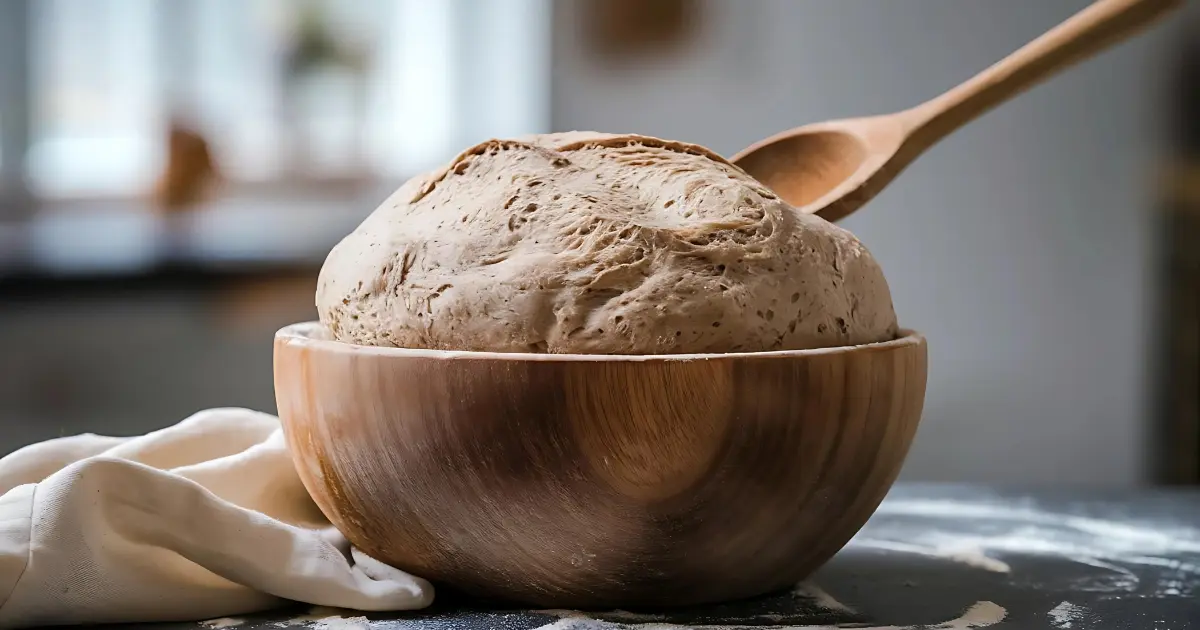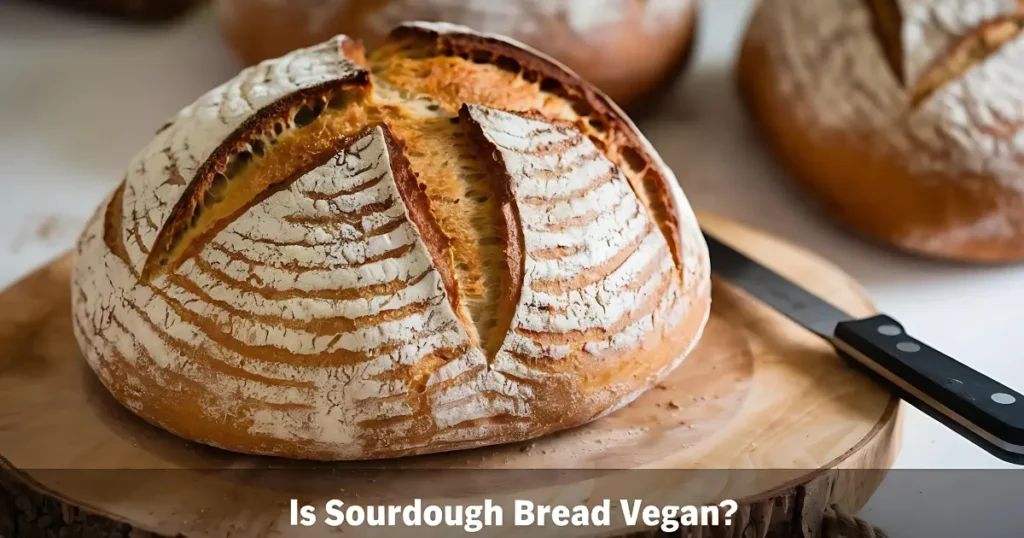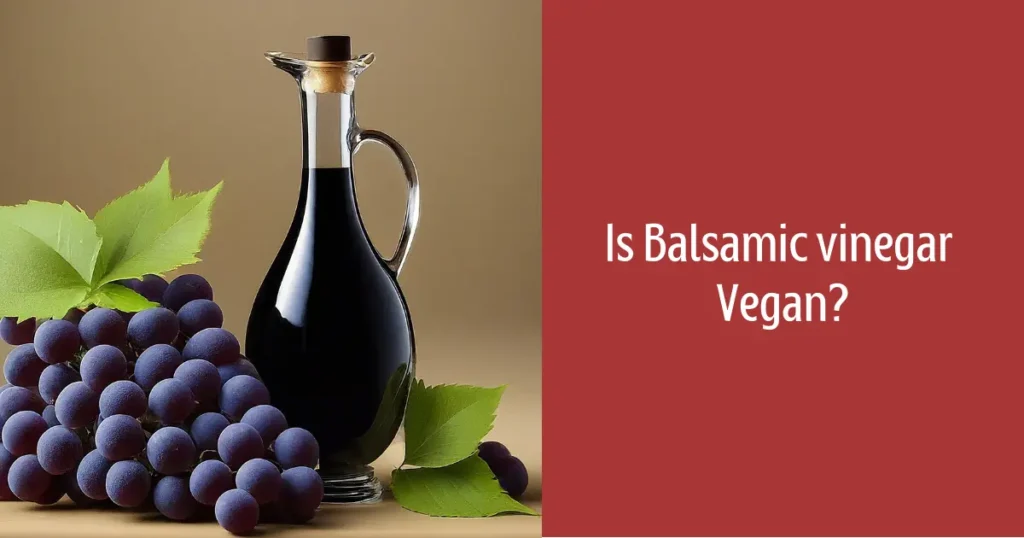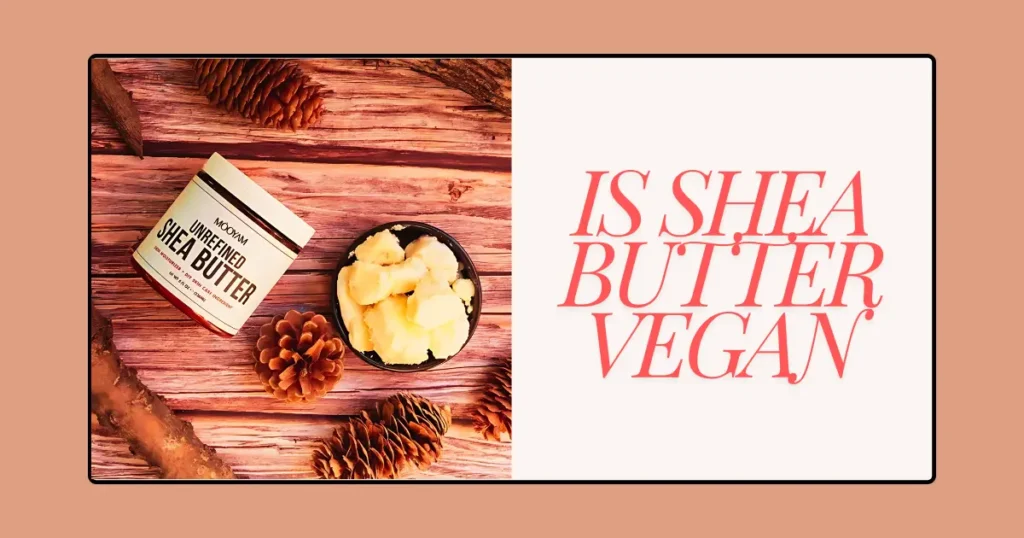Sourdough bread is believed to have originated in ancient Egypt, and over time, it has gained popularity across the globe, especially in European and North American cuisines. With its distinct tangy flavor and chewy texture, sourdough has become a favorite choice for sandwiches and toasts. But is sourdough bread vegan? Yes, sourdough bread can be vegan. The traditional process of making sourdough bread involves only flour, water, and a sourdough starter. These ingredients are all vegan. In this article, we’ll explore the ingredients in sourdough bread, potential non-vegan additives, and how to ensure your sourdough is vegan-friendly. We will also discuss alternative ingredients and vegan-friendly brands.
What is Sourdough Bread?
Sourdough bread is a type of bread made through a natural fermentation process that uses wild yeast and bacteria, instead of commercial yeast, to leaven the dough. This slow fermentation process gives sourdough its characteristic tangy flavor and chewy texture. Traditional sourdough requires only three basic ingredients: flour, water, and salt. However, the inclusion of other ingredients may vary, which can impact whether the bread is vegan or not.

Common Ingredients in Sourdough Bread
- Flour: Typically wheat or rye flour, provides the foundation for the dough.
- Water: Essential for hydrating the flour and allowing fermentation.
- Salt: Enhances taste and regulates the fermentation process.
- Sourdough Starter: A fermented mixture of flour and water containing wild yeast and lactic acid bacteria that help leaven the bread.
Non-Vegan Ingredients & Vegan Options
For those looking to avoid non-vegan ingredients, there are simple alternatives:
- Eggs: Use flaxseed or chia seed gel as a binding or glazing agent.
- Milk: Replace with plant-based milk such as almond or oat milk.
- Butter: Opt for vegan butter or plant-based oils like olive or coconut oil.
- Honey: Use maple syrup or agave nectar as vegan sweeteners.
- Lecithin: Sunflower lecithin is a popular and widely used vegan alternative to animal-derived lecithin, such as egg yolk lecithin.
These alternatives allow for vegan versions of sourdough bread without sacrificing taste or texture.
Types of Vegan Sourdough Bread
1. Classic White Sourdough
This is the most traditional type of sourdough, made from a simple mixture of flour, water, and salt. It has a tangy flavor and chewy texture, and when vegan, it contains no animal products. The flour used is typically white or all-purpose flour, and it’s perfect for sandwiches or toast.
2. Whole Wheat Sourdough
A healthier option, whole wheat sourdough includes whole wheat flour, which adds a slightly nuttier taste and a denser texture. Like the classic white version, it’s usually vegan unless non-vegan ingredients like butter or milk are added, so always check labels.
3. Rye Sourdough
Made with rye flour, this version has a deeper, earthier flavor. Rye sourdough is often denser and darker, with a robust tang. It’s typically vegan but, again, ensure no non-vegan additives like honey or dairy have been included.
4. Multigrain Sourdough
This type includes a mix of grains and seeds like oats, flaxseeds, sunflower seeds, and millet. Multigrain sourdough provides more fiber and nutrients, and as long as it’s free from animal-based ingredients, it’s fully vegan.
5. Gluten-Free Sourdough
This is a great option for those who avoid gluten. Instead of traditional wheat, gluten-free sourdough is made with alternative flour such as brown rice, buckwheat, or sorghum. As long as no eggs or dairy are used in the baking process, it’s vegan.
6. Olive or Herb Sourdough
A flavored variation, this type of sourdough incorporates ingredients like olives, rosemary, or garlic. As long as no non-vegan flavor enhancers or additives are present, these breads are a flavorful vegan option.
Vegan-Friendly Sourdough Brands
To avoid the hassle of checking labels, here are a few certified vegan sourdough brands:
- Berlin Natural Bakery: Known for producing 100% vegan sourdough bread with clean ingredients.
- Trader Joe’s Sourdough Bread: A popular choice for vegans, made without animal products.
- Dave’s Killer Bread: Offers vegan-certified options, including sourdough varieties.
Vegan Toppings and Pairings for Sourdough
Once you have a vegan-friendly sourdough, pair it with these toppings:
- Avocado: Perfect for making avocado toast, a classic vegan pairing.
- Hummus: Adds a creamy texture and rich flavor.
- Nut Butters: Almond or peanut butter is a great choice for a sweet and savory balance.
- Roasted Vegetables: Layer roasted bell peppers, zucchini, and eggplant for a savory sandwich.
- Vegan Cheese: Melted vegan cheese adds indulgence to your sourdough toast.
These toppings enhance the flavors of sourdough while maintaining a plant-based focus.
Is Sourdough Bread Gelatin-Free?
Yes, traditional sourdough bread is gelatin-free. Gelatin is derived from animal collagen and is not used in the standard sourdough fermentation process. However, it’s always a good idea to verify this when buying commercial sourdough, as some mass-produced breads may contain gelatin or other non-vegan additives.
Does Sourdough bread have dairy?
Traditional sourdough bread does not typically include dairy. It is primarily made from three ingredients: flour, water, and salt. The fermentation process relies on a sourdough starter, which is a combination of flour and water, eliminating the need for dairy. However, some commercial varieties or bakery recipes may incorporate dairy products such as milk, butter, or cream to alter the texture or flavor of the bread. Therefore, when purchasing sourdough, it is important to check the ingredient list carefully.
Sourdough bread is generally vegan, with traditional recipes only containing flour, water, and salt. However, it’s crucial to check for non-vegan ingredients like eggs, milk, or honey, especially in store-bought or bakery versions. By opting for vegan alternatives and selecting certified vegan brands, you can enjoy sourdough bread while staying true to your vegan lifestyle. Sourdough’s tangy taste and versatility make it a perfect addition to a plant-based diet, whether you’re making sandwiches, toasts, or using it as a side with soups and salads.




